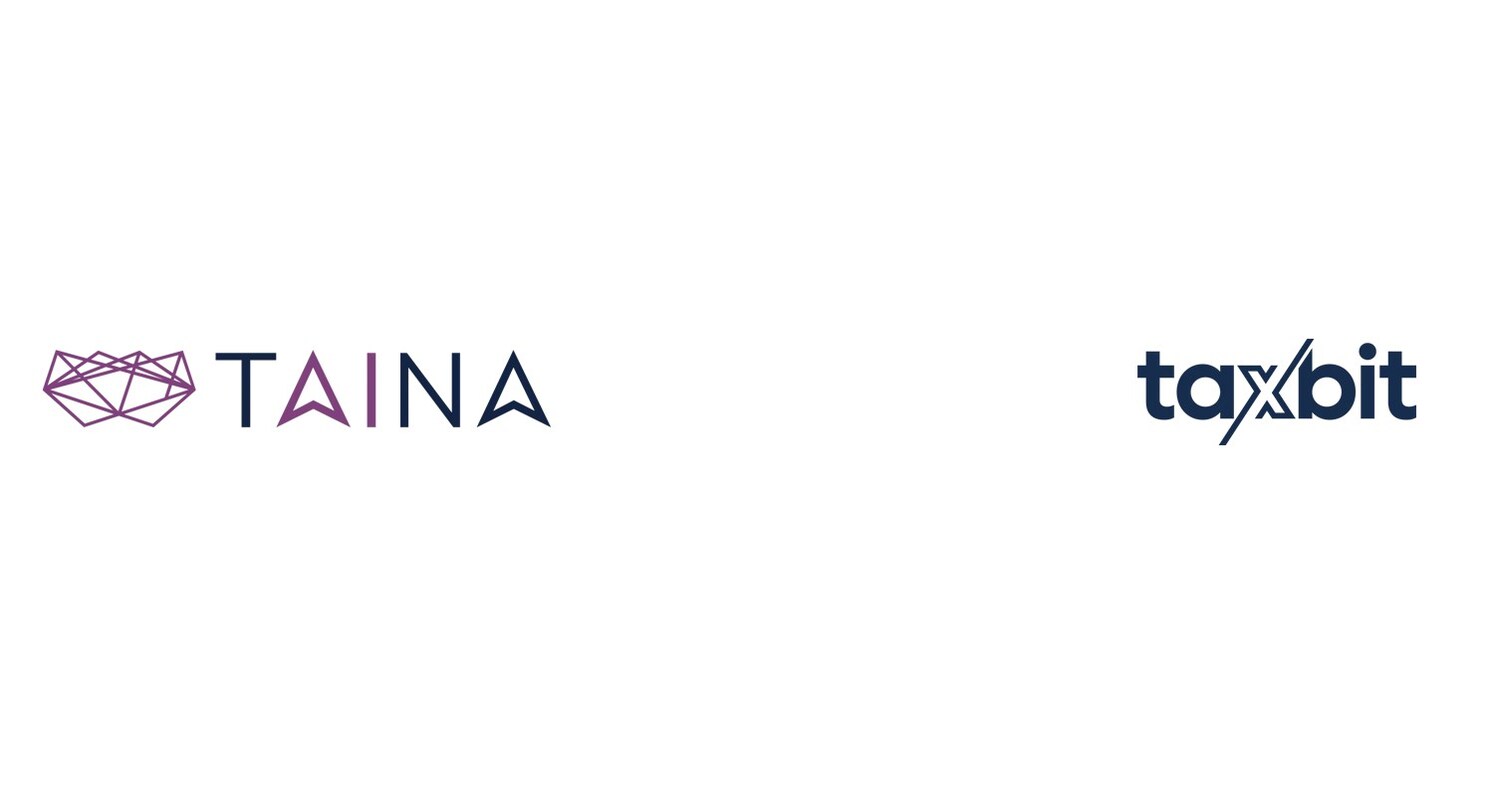The gig economy has been a growing trend in recent years, but its roots actually date back centuries. In many parts of the world, informal workers have been relying on gig-style work for their livelihoods long before the rise of platforms like Uber. These workers often juggle multiple jobs, working long hours with little to no job security or protections.
With the advancement of digital technologies and the globalization of business, the gig economy has expanded rapidly. Corporations are increasingly turning to gig workers over full-time employees to optimize costs and increase efficiencies. This has led to a surge in investment in gig economy technologies, with venture-backed companies raising significant amounts of capital to capitalize on this growing market.
However, as the gig economy continues to expand, it is crucial for companies to consider more than just growth. They must also prioritize making the gig economy better for the workers who rely on it. Many gig workers face challenges such as long hours, low pay, and lack of job security. It is essential for gig economy companies to address these issues and ensure that workers are treated fairly and provided with opportunities for success.
One key area where gig economy companies can make a difference is in credentialing. By recognizing and rewarding workers for their skills and accomplishments, platforms can boost worker morale and create a brand synonymous with quality. Additionally, addressing issues such as payments, credit, insurance, and upskilling can help improve the overall experience for gig workers and increase worker retention.
The global gig economy is projected to continue growing, presenting a significant opportunity for both workers and businesses. By taking steps to improve the gig economy and prioritize the well-being of workers, gig platforms can build successful and trustworthy brands. Those that fail to address these issues may find themselves offering only temporary solutions to the millions of workers who rely on the gig economy for their livelihoods.
In conclusion, the gig economy has the potential to be a positive force for workers around the world, but it requires thoughtful and proactive measures from gig economy companies to ensure that workers are treated fairly and provided with opportunities for success. By addressing key pain points and prioritizing worker well-being, gig platforms can create a more sustainable and inclusive economy for all.


















